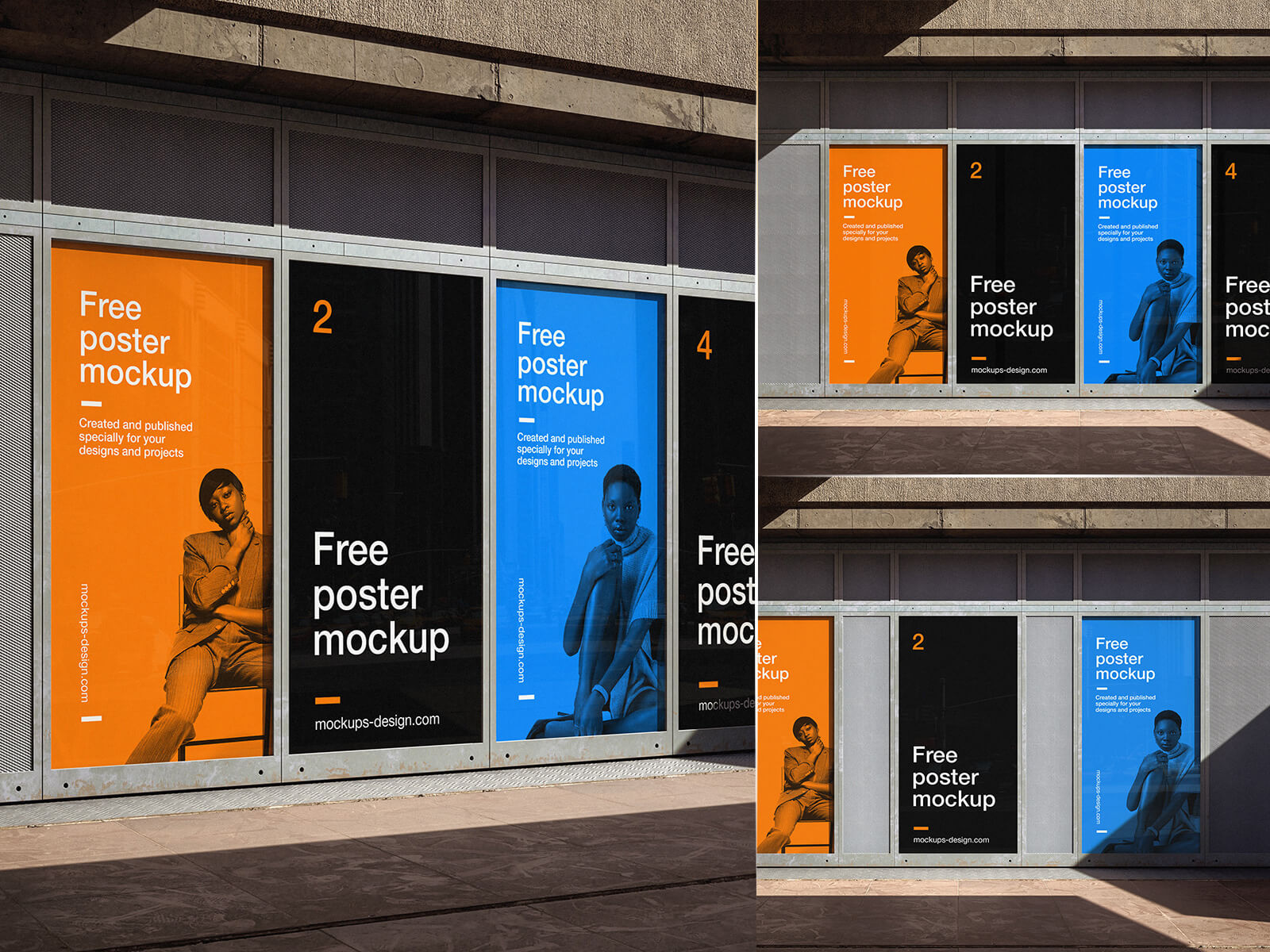You’re careful about opening emails from unknown senders, extra wary when chasing great deals, and make it a point to avoid adult content. So how is it that one day you might find new browser toolbars, countless ads, and PC optimizers you never installed? What went wrong?
In most cases, an affiliate service is responsible. Affiliates strike deals with file-sharing platforms to swap the files users want with installers that bundle extra programs—browsers, optimizers, or adware. The affiliate earns money for each download. Our experts have explored how this process works in detail.
Why do people use these file-sharing sites?
File-sharing platforms with affiliate programs aim to attract more users. To encourage uploads, they sometimes offer small payments. For instance, one platform pays about 4 rubles (roughly 6 cents) per download. It’s not much, but it’s a small incentive.
Users trying to earn a bit of money upload videos, music, books, or game mods. They then share the links on forums or fan pages, often without the forum owners knowing about the affiliate program.
Clicking to download
Other users may stumble upon these links while browsing forums or searching for rare content. The links lead to the file-sharing site, which often mimics legitimate cloud services like Google Drive. The file might appear as an archive, a torrent, an ISO, or even an HTML file.
However, the downloaded file is usually an executable—hidden inside a password-protected ZIP, or disguised with double extensions (e.g., super-new-map.zip.exe). Installation instructions are often complex: unzip, enter a password, and more. The complexity hides the true nature of the file from browsers and antivirus software.
What happens during installation?
Once the user unzips the archive and runs the executable, the installer reports system information to an affiliate server, including username and running tasks. The server responds with a list of affiliate programs suitable for the system, along with the file the user originally wanted.
The installer then checks if security solutions are active, trying to avoid triggering any alerts. Only after these checks does it offer to download the requested file along with three to five “recommended” affiliate programs. The download window often lists everything in tiny, grayish text, hiding most of the information. Users could prevent the extras from installing, but it requires careful attention and a sharp eye.
Safe downloads without registration
How can you get the files you need without unwanted extras? Follow these tips:
- Check the browser’s address bar carefully. File-sharing sites often mimic legitimate services like Dropbox or Google Drive. If the URL looks off, avoid downloading anything.
- Do not download executable (.EXE) files when you were expecting another file type.
- Never install additional programs offered by the site, no matter the insistence.
